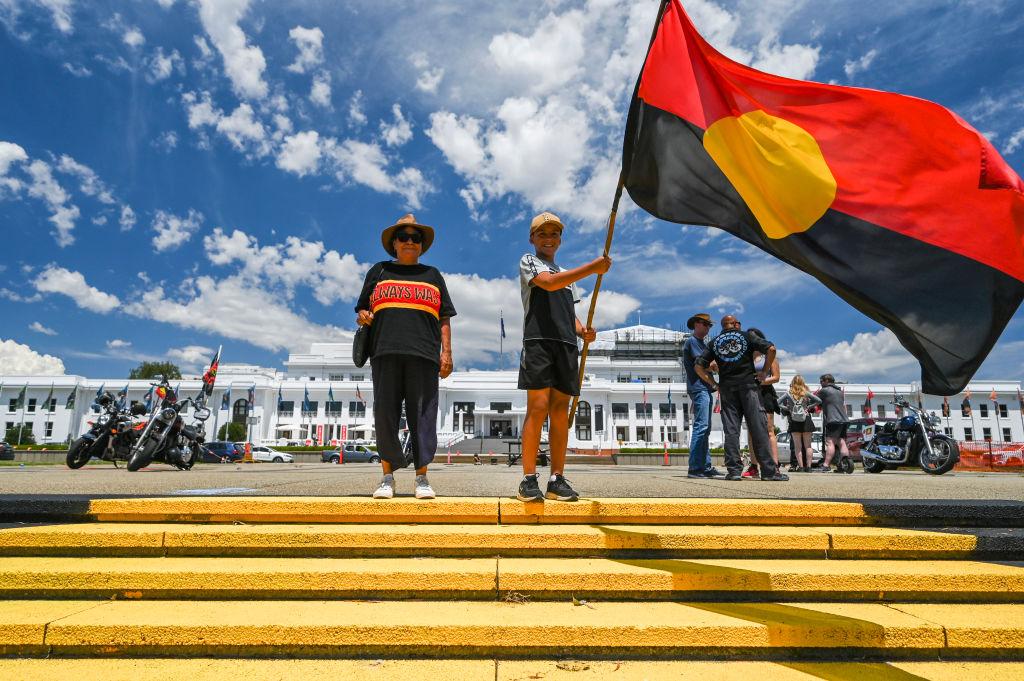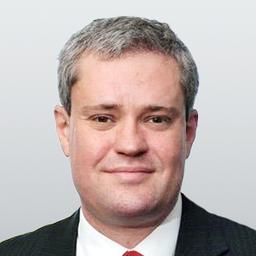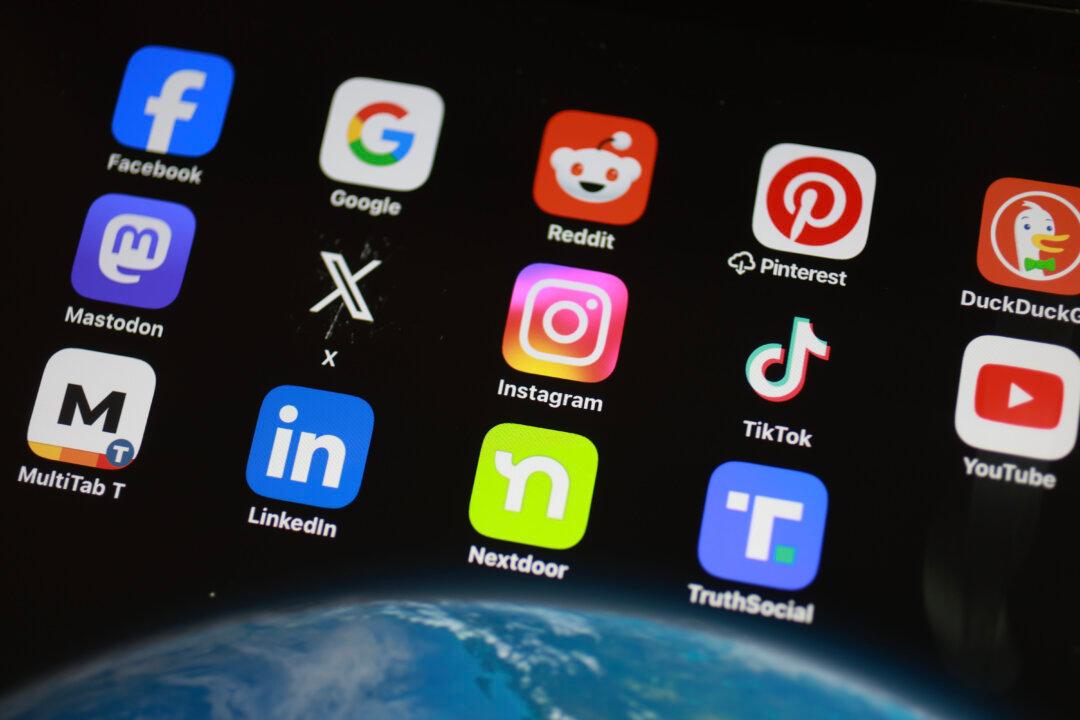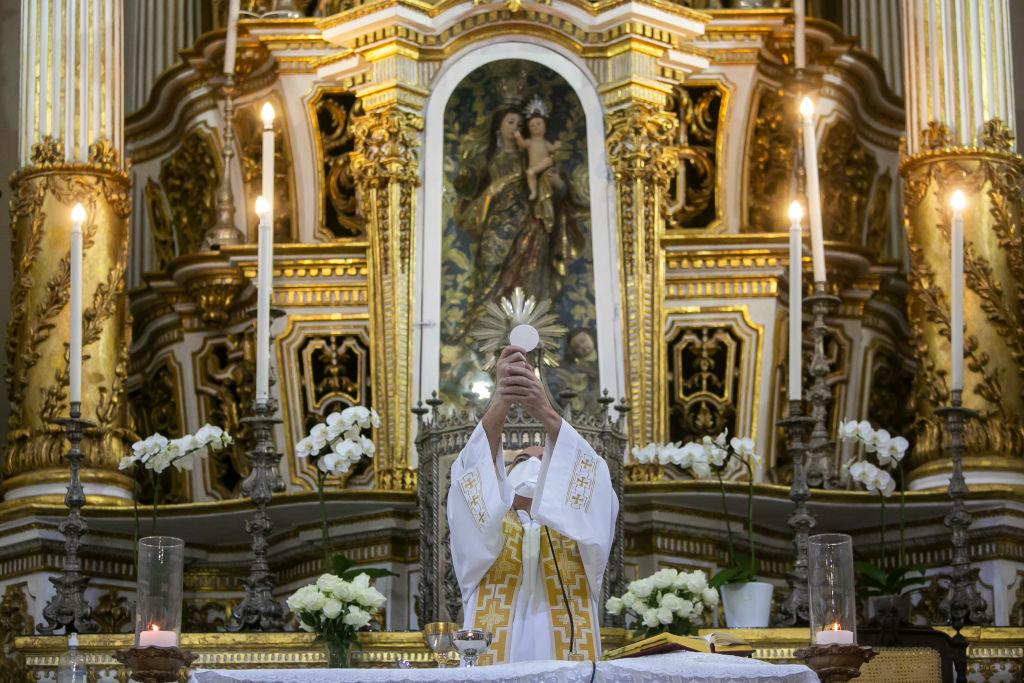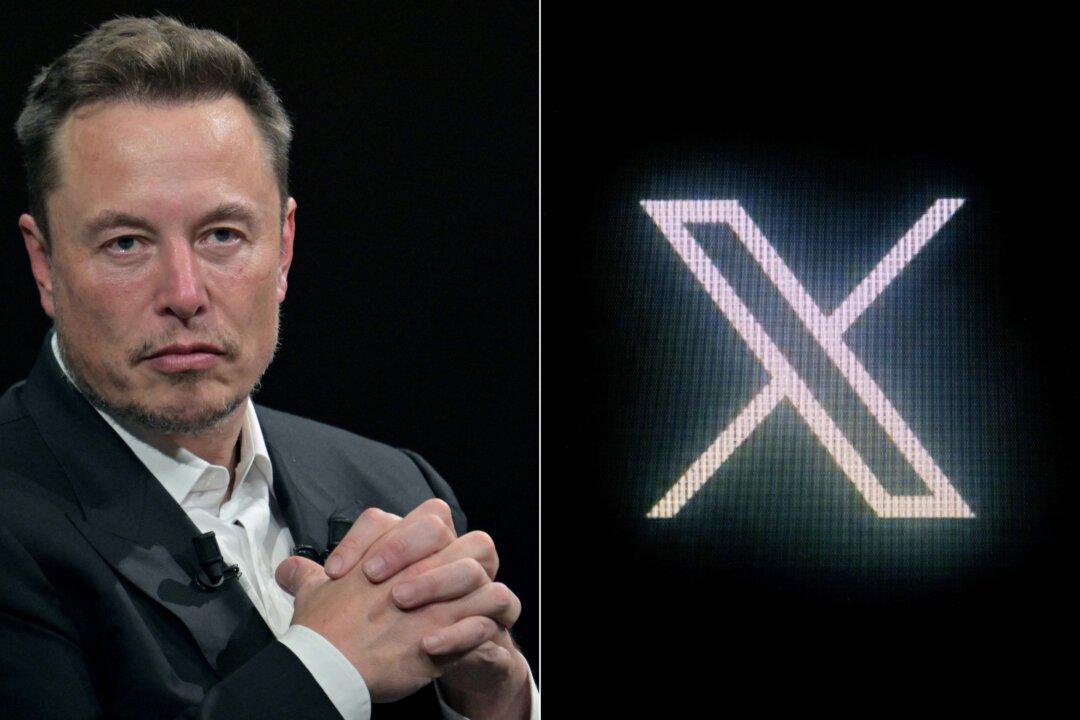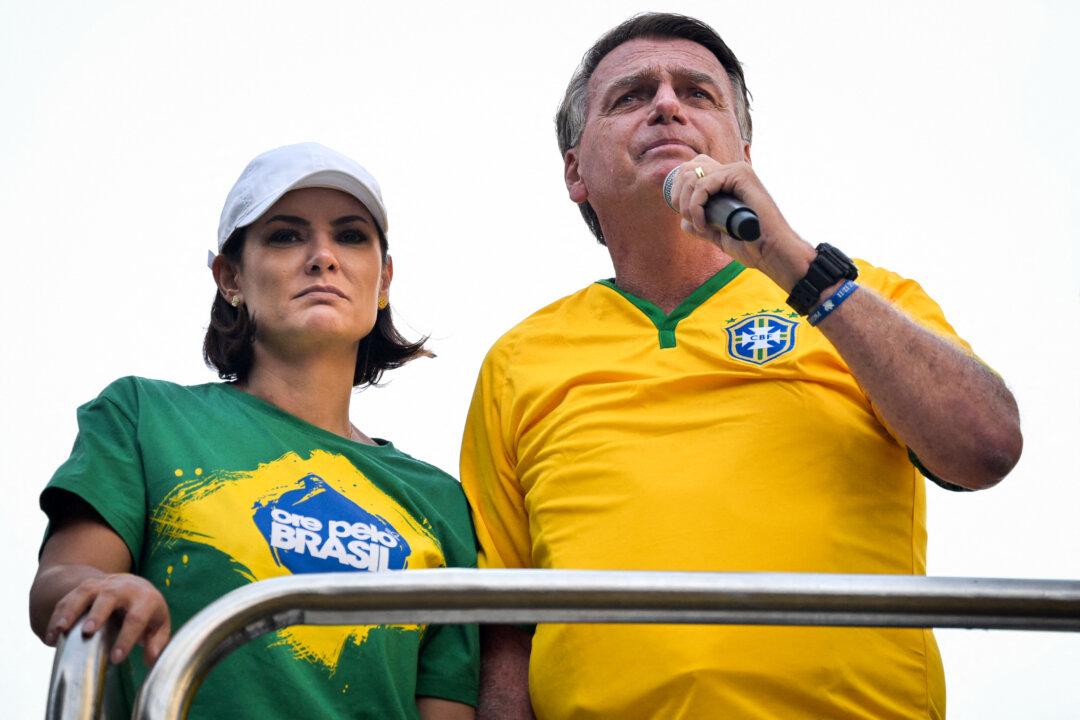Commentary
Australia’s Prime Minister Anthony Albanese, with the support of all the state and territory premiers, has officially backed the “First Nations Voice”—a standing consultative body to advise the government on laws and policies arguably affecting the Aboriginal community but, potentially, the nation as a whole. He says it is a priority for the government to secure a successful referendum that will constitutionally entrench this “consultative body.”
